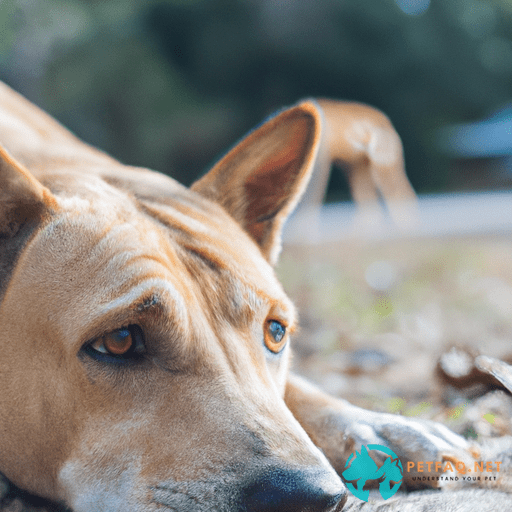Separation anxiety is a common behavioral issue that many dog owners face. It is a condition where dogs exhibit destructive behaviors such as barking, chewing, digging, and scratching when left alone. While it is not entirely clear why some dogs develop separation anxiety, research suggests that genetics, early socialization, and environmental factors can contribute to this behavior.
Regarding the question of whether certain breeds are more prone to separation anxiety, the answer is yes. Certain dog breeds are more predisposed to developing separation anxiety. According to a study published in the Journal of Veterinary Behavior, breeds such as Labrador Retrievers, German Shepherds, Jack Russell Terriers, and Bichon Frises are more prone to this condition than other breeds.
However, it is essential to note that any dog, regardless of breed, can develop separation anxiety. The severity and frequency of the behavior may vary depending on the dog’s personality, upbringing, and environment. It is crucial to understand that separation anxiety is not a result of disobedience or lack of training, but rather a response to anxiety or stress.
Fortunately, there are various training techniques and strategies that dog owners can use to help their dogs overcome separation anxiety. Separation anxiety dog training involves teaching dogs to be comfortable and relaxed when left alone. This training process typically involves gradually increasing the time the dog is left alone, using positive reinforcement, providing mental stimulation, and creating a safe and comfortable environment.
One common technique used in separation anxiety dog training is desensitization. This involves exposing the dog to short periods of separation and gradually increasing the time over a few weeks. During this process, it is essential to reward the dog with treats and positive reinforcement when they remain calm and relaxed. This helps the dog associate being alone with positive experiences.
Another training technique used to manage separation anxiety is counterconditioning. This involves replacing the dog’s negative association with being alone with a positive one. This can be achieved by providing the dog with mental stimulation, such as puzzle toys or long-lasting chews, to keep them occupied and distracted.
In conclusion, while some breeds may be more prone to developing separation anxiety, any dog can experience this condition. Separation anxiety dog training involves teaching the dog to be comfortable and relaxed when left alone, using techniques such as desensitization and counterconditioning. With patience and consistency, most dogs can overcome separation anxiety and learn to enjoy being alone.
Read more:Training Dogs with Separation Anxiety

Related Questions
- How do you potty train a puppy as part of obedience training?
- How can I teach my dog to not pull on the leash during walks?
- What are some free tips for teaching my dog to not bark excessively?
- How can you train a hunting dog to work with other dogs and hunters in the field?
- Canadian Working Dog Federation (CWDF): This organization offers Schutzhund/IPO/IGP titles and competitions for several breeds in Canada.
